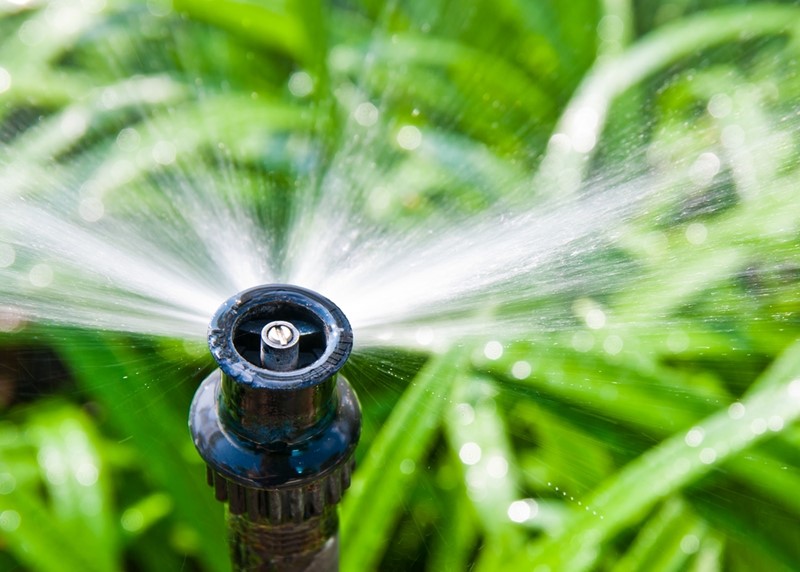How well do you know your fertilizers?
As the weather continues to get better, more attention will be drawn to your lawn. To avoid having a brown or weathered patch of grass, you’ll need to spruce up your lawn by adding some fertilizer to the yard. But it’s not as simple as just sprinkling some nutrients around to get your lawn looking its finest. There are five primary types of fertilizer and each one produces a distinct look and feel. If you’re trying to prevent your lawn from being the black sheep of the neighborhood, you need to know your fertilizers like the back of your hand. Here’s what you need to know about the major types of fertilizer and their effects:
Organic vs. inorganic
The most general way to categorize fertilizers is by dividing them between organic and inorganic. As the names suggest, organic fertilizers are comprised of all natural ingredients, whereas inorganic fertilizers are created through a variety of man-made chemicals. The benefit of choosing to go with organic fertilizers is that they tend to improve the fertility of your yard’s soil, which in turn helps boost the growth quality of your grass and plants.
Inorganic fertilizers can be packaged in anything from powder form to liquid, and while they’re not as collaborative with the soil as organic fertilizers are, they tend to contain chemicals that are specifically designed to be absorbed in plants, such as potassium or nitrogen. Inorganic fertilizers also generally act faster than organic varieties, and are cheaper and easier to use. However, homeowners who are more environmentally conscious will like knowing that organic fertilizers are more biodegradable and won’t contaminate your soil or water with unnatural ingredients.

Granular fertilizer
Granular fertilizer is a dry, pellet-type substance that uses a time-release method of distributing nutrients. This method is beneficial because instead of dumping an abundance of nutrients on your grass all at one time, granular fertilizer works to consistently spread essential compounds, releasing them at a gradual pace over a period of months. The only risk with choosing to go with granular fertilizer is that if your lawn is subjected to frequent severe weathering, such as extensive rainfall, the reoccurrence of water will flood away the nutrients, meaning the granular fertilizer will lose its effectiveness over time. But if you live in a consistently nice climate, granular fertilizer is a sufficient choice because it’s cost efficient – you won’t have to use up a ton of fertilizer throughout the summer to keep your yard looking great.
Liquid fertilizer
When it comes to quickness and effectiveness, liquid fertilizer is the go-to choice. Liquid fertilizers are essentially water-compound based powders blended with synthetic chemicals. They are designed to immediately be absorbed by your grass and plants. This creates a quick effect that you’ll notice within a few days. However, appropriately applying liquid fertilizer to your lawn requires a little more attention to detail than the other types of fertilizer. Using too much or not mixing it in correctly could potentially cause root damage, which could result in streaks of discoloration within your yard. Remember to always follow the instructions on the containers of the liquid fertilizer, otherwise you may need more lawn maintenance than initially expected.
“Potassium is a key nutrient for adding more green to your lawn.”
Simple fertilizer
There are three essential nutrients that every lawn needs to thrive: nitrogen, phosphorus and potassium. If you’ve recently performed a soil test and found that your lawn is deprived of one of these major nutrients, you can always buy simple fertilizer products that contain just one of these. This is a quick solution to make sure your lawn is getting all the nutrients it needs. If you begin to notice that your grass isn’t growing at a reasonable pace, it might be a sign that your lawn needs more nitrogen. When your yard is beginning to lose its green color, adding some potassium may be just what the lawn doctor ordered. You can always consult with a lawn care specialist to see which type of fertilizer your yard could benefit from the most.

